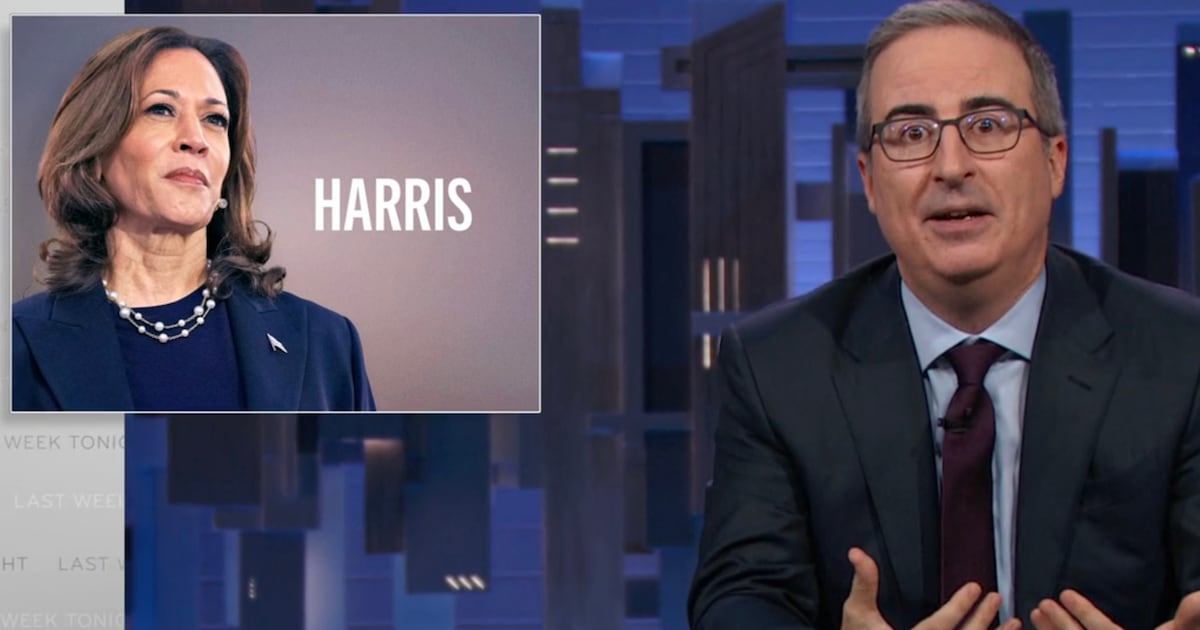Judge Neil Gorsuch, Donald Trump’s nominee to the Supreme Court, is Trump’s payback to the Christian Right.
Gorsuch is the clearest social conservative of the SCOTUS finalists. He has written several books opposing euthanasia and assisted suicide, describing a sincere and consistent pro-life philosophy. (He later stated that those were his personal beliefs, separate from his role as a judge.) He wrote a concurrence in the Tenth Circuit Hobby Lobby case that was extremely favorable to the corporation. He has been likewise supportive other cases affirming wide-ranging religious exemptions to civil rights laws.
In short, Gorsuch is the dream candidate of the Christian Right—consider this love letter from the Christian Right group Alliance Defending Freedom—which, after all, is the constituency that put Trump over the top on November 8. Post-election analyses have focused on the “white working class,” but it’s evangelicals who held their noses, thought of the Supreme Court, and voted for Trump. Now they are being rewarded.
ADVERTISEMENT
Democrats will undoubtedly oppose Gorsuch; in their view, he’s being nominated for a seat that was President Obama’s to choose and Judge Merrick Garland’s to fill. But their opposition will have to be principled, not personal. There is no question that he is qualified (Harvard, Oxford, PhD), a gifted writer, and a bit of a prodigy. Only 49 years old, he is the youngest Supreme Court nominee since Justice Thomas. And as Trump said while introducing him, Gorsuch was approved unanimously for his current position.
A detailed SCOTUSblog analysis of his record called him “the most natural successor to Justice Antonin Scalia.” And on the merits, Gorsuch’s record will give them plenty to talk about:
—Gorsuch has espoused a very Scalia-like “originalist” jurisprudence, writing in a tribute to Scalia that “Judges should instead strive (if humanly and so imperfectly) to apply the law as it is, focusing backward, not forward, and looking to text, structure, and history to decide what a reasonable reader at the time of the events in question would have understood the law to be—not to decide cases based on their own moral convictions or the policy consequences they believe might serve society best.” That is indeed Scalia 2.0, and would lead to Scalia-like results on a wide range of cases.
—In addition to Hobby Lobby and similar cases, Gorsuch has written a series of First Amendment opinions that would allow far more public displays of religion than are currently constitutional under Supreme Court precedent.
—Gorsuch has an idiosyncratic view of administrative law, and would defer less to agency decisions than even Justice Scalia did. Normally, this leads to more conservative results—overturning environmental and labor regulations, for example—though with the Trump cabinet picks so opposed to their own agencies’ missions, it could have the opposite effect for the next four years. (Interestingly, Gorsuch’s mother was Ann Gorsuch, the Reagan-era director of the Environmental Protection Agency who had to resign in disgrace.)
At the same time, as SCOTUSblog noted, Gorsuch is so much like Scalia that he often irritates conservatives. He would enable felons to be convicted of gun violations even if they didn’t know they were committing a felony at the time, a position that has angered pro-gun conservatives. And in some cases, he has read criminal laws so strictly that defendants’ convictions were overturned, a position that some “law and order” conservatives could find irksome.
But in other ways, Gorsuch is no ideologue. Indeed, in his 2007 confirmation hearings, he sounded more like Justice Anthony Kennedy than Scalia.
“I resist pigeon holes,” he said at the time. “I think those are not terribly helpful, pigeon-holing someone as having this philosophy or that philosophy. They often surprise you. People do unexpected things and pigeon holes ignore gray areas in the law, of which there are a great many.”
He also spoke in favor of “respecting your colleagues and trying to reach unanimity where possible… I often find that the process of getting to a single position with different minds leads to a better result.” Contrast that with Justice Scalia’s notoriously fiery dissents, which described his colleagues’ work as “argle-bargle” “pure applesauce” and “jiggery-pokery.”
There’s also no question that Gorsuch is competent, ethical, and solid. If Senate Republicans hadn’t just wrecked the confirmation process, he would surely be confirmed on those bases. Instead, what’s next is going to be a mess.
Despite Gorsuch’s impeccable credentials, Democrats have vowed to filibuster anyone Trump nominates—just as Republicans refused to consider the impeccably credentialed Merrick Garland. It seems unlikely that Senate Majority Leader Mitch McConnell will invoke the “nuclear option” of ending the filibuster entirely, because he knows firsthand that the shoe will eventually be on the other foot.
One solution would be to strike a “grand bargain” for two Supreme Court nominees at the same time. Judge Gorsuch is basically a nicer version of Justice Scalia; he’s a hard core conservative who can ably fill Scalia’s shoes on the Court. But it’s also been rumored that Justice Kennedy is set to retire. Perhaps Democrats and Republicans could agree to a consensus, centrist candidate to replace Justice Kennedy, and approve Gorsuch to replace Scalia.
That would be a sensible compromise. It would essentially say “the confirmation system is broken, so we will just continue with the status quo.” And that might be the right result, even if it prolongs the conservative tilt of the Court for another two decades at least. Better that than dysfunction. Trump is known for the art of the deal, after all.
And as part of a package like that, Gorsuch makes a lot of sense. He is the Scalia of the next generation. He would likely enrage liberals for decades—but he’d also likely earn their respect.





